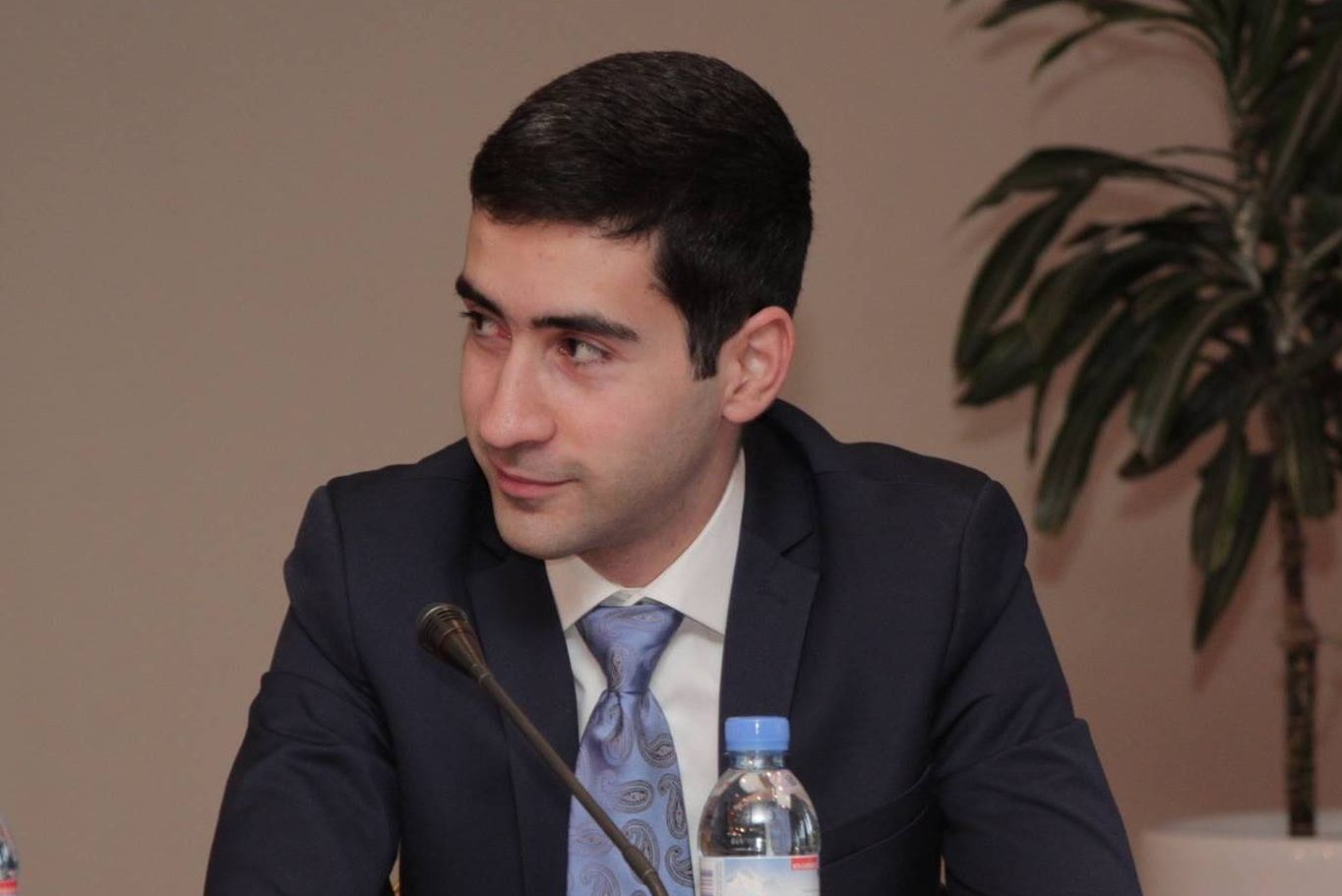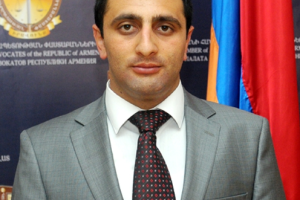The Judicial and Legal Reform Strategy 2019-2023 envisages amendments to the Civil Procedure Code and the Law on Mediation.
Iravaban.net talked about the topic with Mr. Vanik Margaryan, a licensed mediator accredited by the London Dispute Resolution Center (CEDR), Member of the Board of the Self-Regulatory Organization of Mediators of Armenia, who expressed his opinion on the proposed changes.
– Mr. Margaryan, the Judicial and Legal Reform Strategy envisages the definition of cases of obligatory mediation on certain legal relations, such as family, labor, banking, etc. What do you think will be the result of that change? Can it be an effective mechanism?
– Since the introduction of mediation in our country, I and many experts, including international experts, have been in favor of the definition of mandatory mediation, which should be an effective mechanism for the development of mediation. Fortunately for us, the draft law has finally introduced only mandatory mediation in family cases yet, i.e. the plaintiff in certain types of cases must first apply to a licensed mediator and try to settle the dispute through mediation. Only then they will have the opportunity to file a lawsuit. It is also commendable that the strategy seems to consider it possible to expand the scope of these cases, and family affairs should be the first stage. In any case, it should be noted that there is a lack of qualified mediators in our country, as the state has not actually fulfilled its legal obligation since 2015, which is to organize a qualification every year; and ss a result, we now have very few active mediators. In such conditions, it is equally important to organize the qualification of new mediators for the possibility of mandatory mediation service, I hope with courses organized by reputable international organizations, which I myself had the honor to participate in 2015 and their effectiveness is invaluable.
– The strategy envisages taking steps to introduce modern tools for mediation, for example, online or telephone mediation to resolve disputes between consumers and public service organizations through them. It is noted that through such a platform, dispute resolution can be done in a short timeframe, with low cost or even free for the consumer, through the means of a public service provider. Can this be a tool for unloading the courts?
– Any alternative dispute resolution is a tool for relieving the courts. I believe that mediation can be effective not only in disputes with public service organizations, but also with financial – banks, credit and insurance organizations, as lawsuits in the cases with the latter make up the vast majority of civil cases and are the main reason for the courts’ burden. Here it is important not to confuse the licensed mediator with the Financial System Mediator, as mediation does not assume the mediator making any decision or forcing the parties. While the Financial System Mediator actually acts as an arbiter and makes binding decisions. In this context, I think that facilitating the mediation process with technical solutions, including its implementation online, will only yield positive results. It does not contain any risks, as the mediation process is regulated only by agreement of the parties, which is recorded in a written conciliation.
– What are the gaps in the activities of the mediator and in this sphere in general, which need to be resolved, but are not included in the strategy?
– In fact, all the main problems have been registered and it must be stated that very effective work has been done for the development of this sphere both through the efforts of the Ministry of Justice and international partners, especially the Council of Europe and the European Union, whose experts are well aware of the field. I myself have submitted many proposals in the draft law, most of which have been adopted. We just have to wait for the implementation of the actions defined by the strategy and the change of the law. No less important is the role of the Self-Regulatory Organization of Mediators of Armenia, which was formed in 2015, but due to the lack of a number of organizational issues and active mediators, the organization is unable to act actively and contribute to the development of mediation. The latest draft law also regulates these organizational issues, which may lead to the activation of a self-regulatory organization of mediators after the involvement of new mediators. At the same time, few people know that the organization’s website, was launched last year with the support of the Council of Europe, which will help to raise awareness about mediation as well.
– Although the law has not been presented or adopted yet, do you assess the changes in the sphere as sufficient?
– It is difficult to assess the changes at this time, as preparations are still underway: programs and a draft law on amendment have been developed, and we can assess the changes after their implementation. However, it is a fact that the mediation introduced in 2015 and forgotten, is finally receiving favorable attention, which, of course, can and should lead to the development of the sector, and as a result, the unloading of the courts.


















